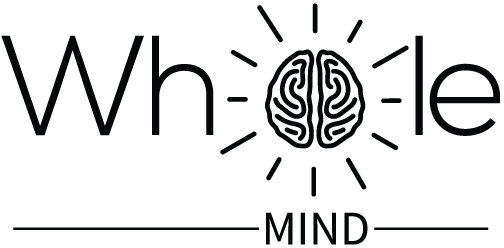Every brain is different. Our specially trained physicians use state-of-the-art Atlas Neuronavigation with personalized Brain MRI to accurately identify the correct treatment target, improving TMS treatment outcomes through more precise and consistent targeting.
We are proud to offer advanced MagVenture Transcranial Magnetic Stimulation (TMS) therapy as a cutting-edge treatment option for individuals suffering from treatment-resistant depression and OCD. Our commitment to providing the best in mental health care drives us to utilize the most effective and innovative technologies available.
Transcranial magnetic stimulation (TMS) Is a safe, noninvasive, and effective treatment which has been FDA approved for depression and OCD and chronic pain and more. It’s particularly well studied as a powerful treatment for depression that hasn’t responded to antidepressant medication. It’s typically covered by insurance for qualifying patients.
TMS utilizes a targeted magnetic field to stimulate specific areas inside the brain or on the body. There is growing evidence of its effectiveness in treating anxiety, PTSD, chronic pain, and ADHD.
The DLPFC is the entry point in the brain that connects all the different brain areas involved in depression. It is therefore also the prime target for the approved TMS treatment of treatment-resistant depression. By precisely stimulating this area of the neural brain network, the specific circuit in the brain that controls mood and emotion is reached and can be modulated, potentially alleviating the depression.
MagVenture TMS Therapy consists of repeated cycles of TMS followed by rest periods. Diagnosis and the initial session are performed by a licensed physician. The remaining TMS treatment sessions are typically conducted by trained staff under the supervision of the physician. TMS is non-invasive and does not require any anesthesia. As there is no recovery period, patients can immediately return to their usual activities.
Transcranial magnetic stimulation, often referred to as TMS is a noninvasive procedure that uses magnetic fields to stimulate nerve cells in the brain to improve symptoms of depression. TMS is typically used when antidepressant medications haven’t been effective, have ceased working, or as an alternative to medication.
A full treatment course lasts 6 weeks with one 18-minute MagVenture TMS Therapy session per day for 5 days (weeks 1-5) and one treatment session per day for 4 days (week 6). MagVenture TMS Therapy as adjunct OCD treatment means that other types of therapy, typically behavioral therapy and/or medication, may also be included in your treatment plan. Just before each TMS session, your physician or TMS operator will provoke or trigger your OCD symptoms. Studies show that this procedure, which has been tailored individually, may improve your response to the TMS therapy.
You sit in a chair in a relaxed position. When the magnetic pulses are delivered, you hear a clicking sound and feel a tapping sensation on your head. Many patients are able to watch television or read during treatment.
Clinical studies report a 38% response rate for those receiving active treatment after completing the full 6-week treatment course. For those who received sham (placebo), the response rate was 11%. A one-month follow-up showed 45% response in the active group and 18% in the sham group.
TMS may, for some, cause headache or nausea, and over the counter pain meds may therefore be taken prior to treatment if needed. You should, however, be able to resume your daily activities right after treatment. Bear in mind that TMS Therapy is a medical procedure and any side effects experienced during or after receiving the therapy should be reported to your doctor.
TMS has been recommended by the American Psychiatric Association since 2010 and FDA cleared since 2008 for the treatment of major depressive disorder. This endorsement underscores the therapy’s effectiveness and safety profile.
The world’s largest TMS trial to date found that 49% of the patients responded to the treatment, and 32% achieved full remission (Blumberger et al., 2018, The Lancet: THREE-D: a randomized non-inferiority trial). MagVenture TMS equipment was used for the trial, demonstrating its high efficacy in treating depression.
